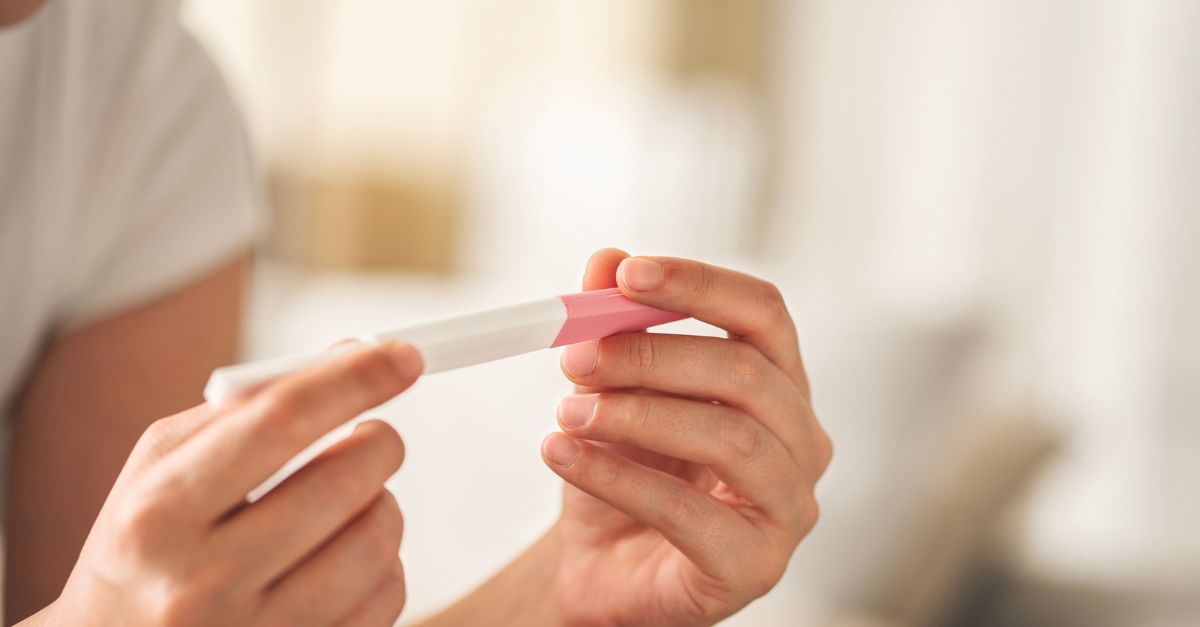The cramps, bloating, and irritability that come before and during each period can be frustrating and limiting on their own. But when your period is unpredictable, these symptoms become even more of a nuisance. If menstrual irregularities are cramping your lifestyle, learn more about why they happen and what you can do about them.
How Are Irregular Periods Defined?
It’s normal for your period to be slightly early or late each month. On average, menstrual cycles last 28 days, but your periods verge into the “irregular” category if the time between the start of your period changes continuously by more than nine days. Your period is also considered irregular if you miss more than three periods in a row.
Some of you may already know that schedules are not the only thing that can make your period irregular. It’s also possible for it to be abnormally heavy or painful. For example, you may experience severe pain and cramping each month, or soak through one or more pads or tampons in an hour. Periods that last longer than seven days are abnormal, too. Any of these scenarios warrant a visit with one of our providers to get to the bottom of the issue.
What Causes Menstrual Irregularities?
The list of underlying issues that can cause irregular periods is fairly long. This can make it challenging to pinpoint the root cause — but that doesn’t mean it’s impossible. By discussing your lifestyle, health history, medications, and other symptoms, as well as running tests if needed, we can explore the following factors as a potential reason for your irregularly-timed periods:
- Pregnancy
- Imbalances in hormone levels, included elevated prolactin levels which occur when the body makes breast milk
- Certain types of medications, including those used to treat epilepsy or mental health conditions
- Birth control, including pills, injections, and intrauterine devices (IUDs)
- Eating disorders, such as anorexia or bulimia
- Primary ovarian insufficiency
- Excessive exercise or stress
- Thyroid dysfunction
- Diabetes
- Cushing’s syndrome
- Issues with your adrenal gland
- Perimenopause
Heavy or long-lasting periods might also be caused by these factors:
- Polycystic ovarian syndrome
- Adolescence
- Uterine fibroids
- Endometrial polyps
- Adenomyosis
- Bleeding disorders, such as clotting factor deficiencies
- Pelvic scarring
How Are Irregular Periods Treated?
The answer to this question all depends on the source of the irregularity. For example, if a structural issue like fibroids are present, you may consider surgical removal if pain or inconsistent timing begin to disrupt your quality of life. If your periods are irregular due to lifestyle factors like heavy exercise, modifying your routine could help to alleviate your symptoms.
Medication can often be the next line of treatment for heavy or painful periods that don’t let up after lifestyle changes. Over-the-counter pain relievers may dampen the intensity of your pain, and hormonal birth control can also help regulate your cycle so your periods become more predictable and manageable. If you’re entering menopause, hormone therapy could help to control period problems, along with other symptoms like hot flashes and vaginal dryness.
No matter what’s causing your unreliable and uncomfortable periods, our providers are here to help you feel like yourself again. We excel in comprehensive women’s care in a personable environment where patients of all ages and lifestyles are welcome.
To schedule an appointment, call our office at 770-487-9604 or conveniently book one online.




